Description
An essential piece of trauma literature, this “well-organized, valuable book” draws from somatic-based psychotherapy and neuroscience to offer “clear guidance” for coping with complex PTSD (Peter Levine, author of Waking the Tiger)
Although it may seem that people suffer from an endless number of emotional problems and challenges, Laurence Heller and Aline LaPierre maintain that most of these can be traced to five biologically based organizing principles: the need for connection, attunement, trust, autonomy, and love-sexuality. They describe how early trauma impairs the capacity for connection to self and others and how the ensuing diminished aliveness is the hidden dimension that underlies most psychological and many physiological problems.
Heller and LaPierre introduce the NeuroAffective Relational Model® (NARM), a method that integrates bottom-up and top-down approaches to regulate the nervous system and resolve distortions of identity such as low self-esteem, shame, and chronic self-judgment that are the outcome of developmental and relational trauma. While not ignoring a person’s past, NARM emphasizes working in the present moment to focus on clients’ strengths, resources, and resiliency in order to integrate the experience of connection that sustains our physiology, psychology, and capacity for relationship.

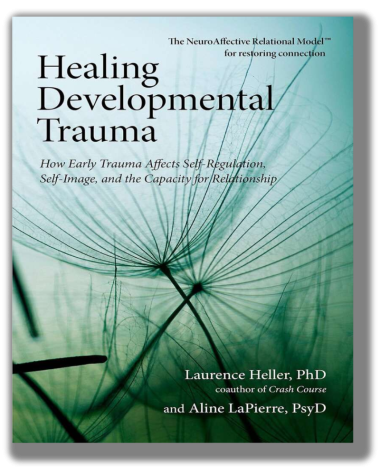
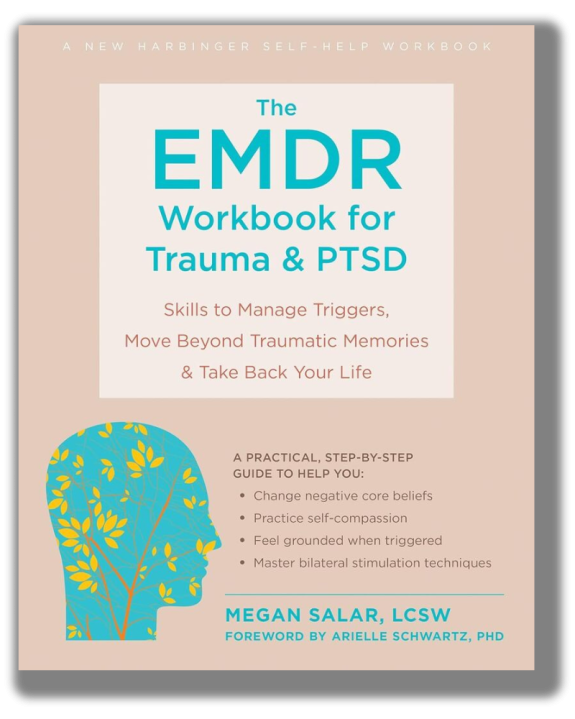
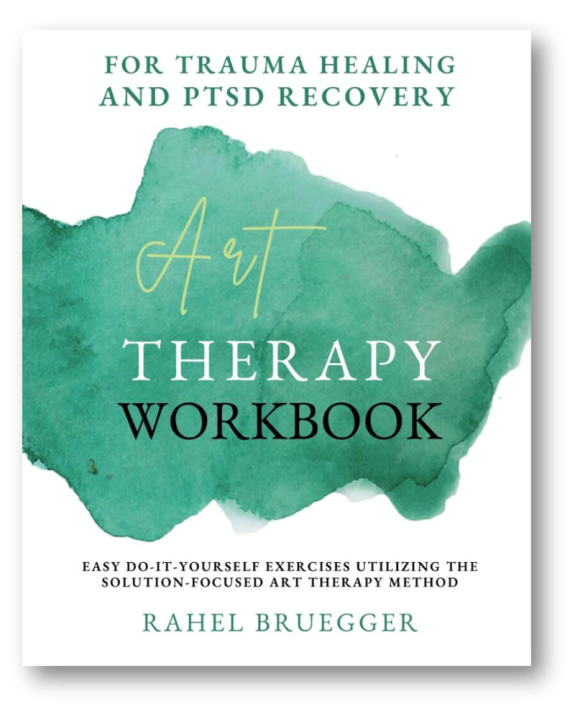
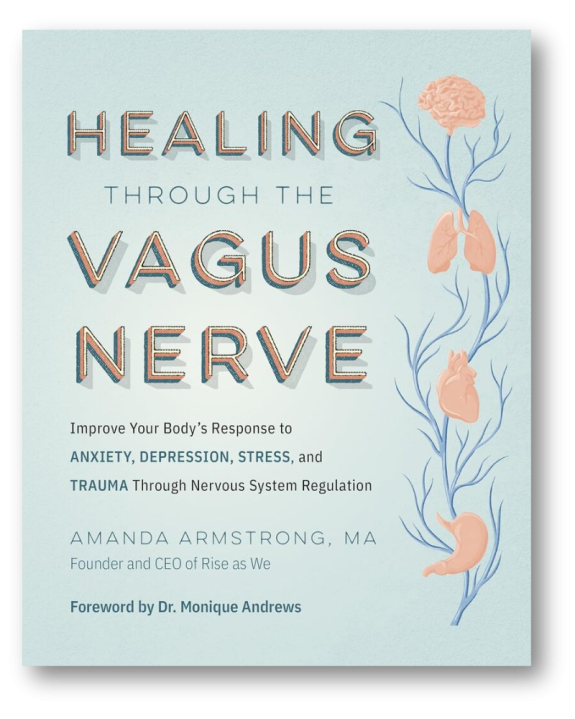
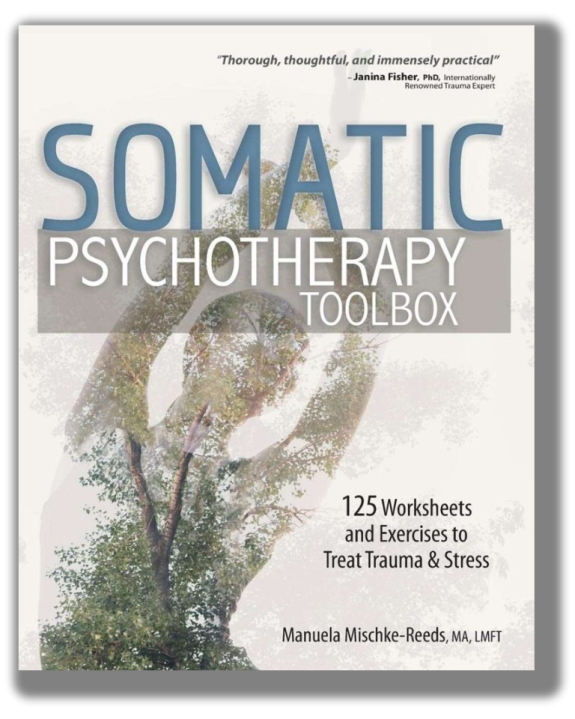
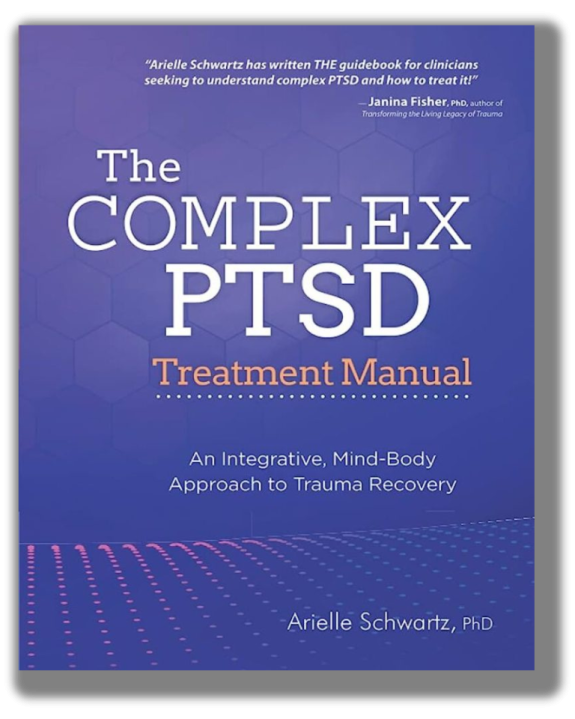

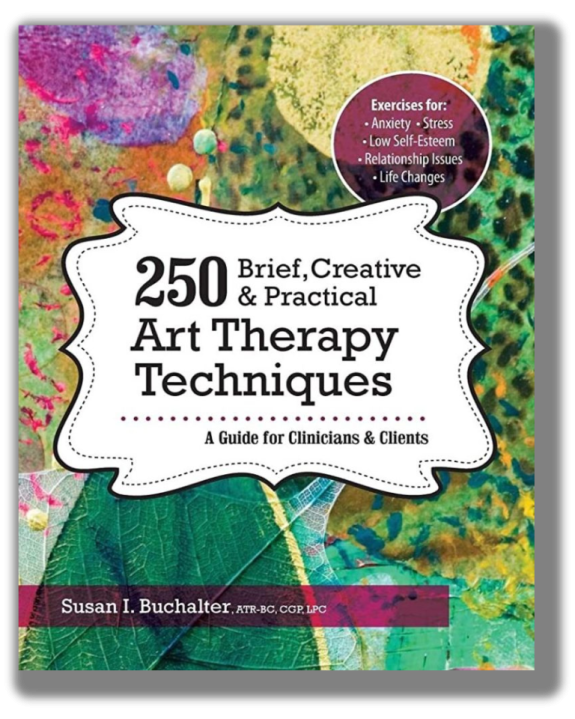
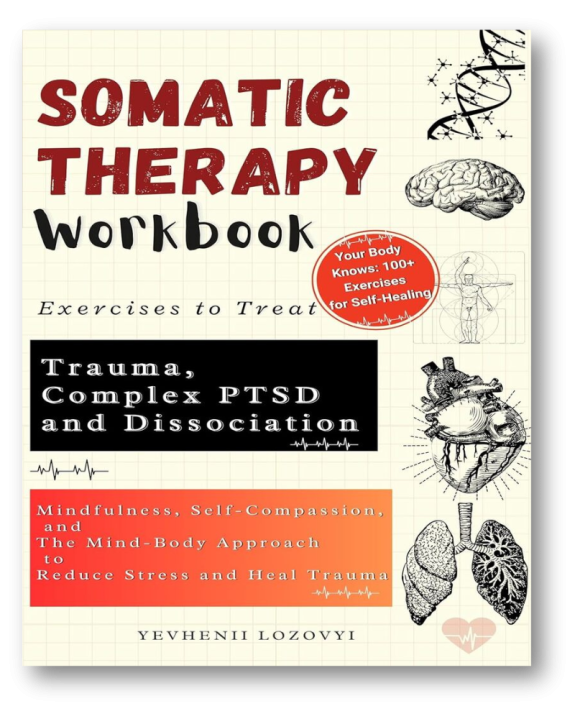
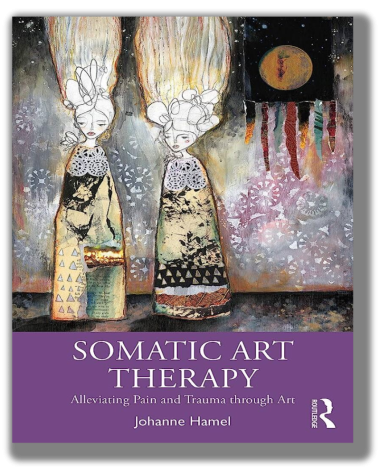
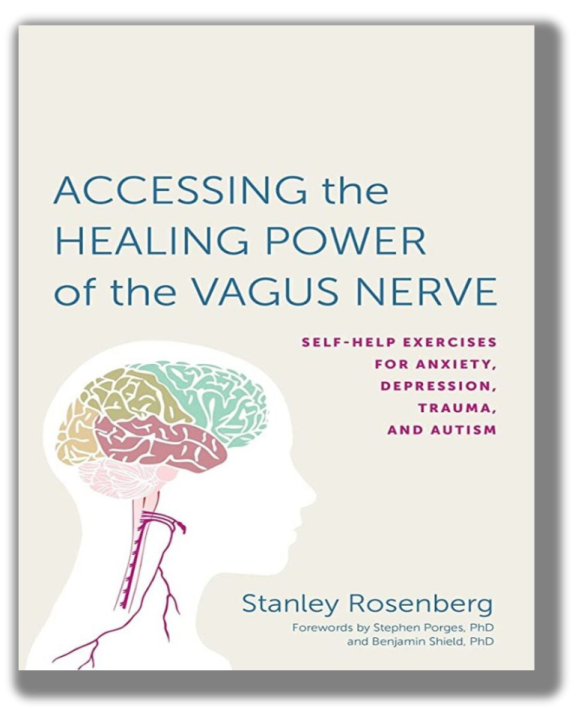
I finally found a book that clearly addresses the right approach to work with people who have been negatively affected by Developmental Trauma, rather than shock trauma. It is written with a focus of helping therapists learn about this new approach, but in a way that those who have experienced this form of trauma can learn about how the adverse experiences in childhood lead to psychological problems in later life, and how there is an approach that can help them with their problems. There are a couple of examples of how a session with a NARM (NeuroAffective Relational Model) therapist works with a patient, so one can understand the significantly different approach this new therapeutic technique works. It is wonderful to read this, and feel so appreciative that someone has figured out how developmental traumas need to be addressed in a different way from the way violent or sexual traumas need to be treated.
It was a very helpful book and had a lot of good information in it
I’ve lost count of the self help books I’ve read, but this one tops them all. I saw myself in the pages and felt so seen and understood. I’m buying copies for others in my life who need this wisdom.
This books is an amazing book that is not expresses the ideas very crisp but also offers a completely different perspective to look at life. It cuts across other models of how mental health and human interaction works to show that maybe the underlying principle of how everything works is different.
The title suggests that the book is about developmental trauma. Yet it’s not limited to people dealing with severe trauma. It provides insight in how most of us work and how our childhood affects our adult relationships.
The book identifies five different attachment styles: trust attachment, love/sexuality attachment, independence, etc. It suggests that during human development each attachment develops at a different point of growing up. For example at six months old, our connection with a parent is that they are holding us in their arms and looking at us. A couple years later, we may be developing trust with our parents. Can we trust them that our needs will be met.
If there are problems with one of the attachment styles, children will usually progress through a healthy range of calling attention to their needs – starting with “hey mommy, I’m hungry” to using healthy aggression. The concept of “health aggression” caught me eyes. The book is full of terms where simply hearing the term was a huge insight in and off itself. In this case, the idea that aggression can be healthy was intriguing. If that doesn’t work, the child’s sympathetic nervous system gets activated (fight/flight). If that doesn’t work, the parasympathetic nervous system gets activated (e.g. shutting down).
Simply these ideas of the different nervous systems are a fascinating concept. The sympathetic and parasympathetic nervous system can be triggered at the same time (stepping on the gas and break at the same time). That’s for example, when we panic and try to suppress the panic.
The books proposed remedy is to pay attention to what we are feeling in our bodies because that’s how we find out about our needs. In the ideal world that the book paints, we can freely express our needs in our relationships and (as adults) also deal with when people don’t necessarily tend to our needs. (E.g., because I’m a hungry adult doesn’t mean the other person has to feed me. They could be full and not interested in going to a restaurant with me. Yet, that I am aware of my hunger and can express it appropriately – without fear, panic or not at all -, that’s the goal.)
Most people I know are functioning adults, yet I often find that what the book describes affects me. Often when I’m with people, I’m very focused on making sure that they feel entertained and comfortable. (That might be a good host’s job.) Yet the book’s idea is that I should scan my body to realize what’s going on with me and express my needs, e.g. “I feel a bit bored, let’s check out the other pool.” The book shifted my thought of what a good relationship looks like: Both people should feel comfortable to express their needs and the other person responds to that. (And needs don’t have to be monumental things like needing help to move, but a need for comfort at the end of a tiring hike, a need for play in a conversation that turned dry, etc.)
The book opens up many interesting topics. For example, it suggests that based on unmet childhood needs, people may develop pride. E.g., if they were ignored as a child, they may pride themselves as easy going. The book suggests that for each pride, there is usually an opposite shame. That example person may have shame around being too needy. That concept alone is very interesting. Now when I hear people making prideful statements, I wonder if there is an opposite shame in place as well. (The pride essentially is trying to make us feel good about a place where we are hurting.)
I’ve written many quotes from the book into my notebook. It was a real page turner because each page offered so many intriguing insights to how life works.
I’m not being dramatic, just factual. I’m one of the developmentally traumatized adults who lives a lonely, lifeless life. I’ve been to MANY therapists who’ve taken great pride in themselves with their diagnosis that I’m co-dependent. One told me to get a cat for my loneliness. Another told me that adult coloring is a creative outlet. Another told me to Let Go and Let God! Which all left me alone again. On my own again. And reinforced that there is no one to help me. And then came NARM!!! This book is both fascinating and well-written for BOTH therapists and lay-people. Thank you with all my heart!